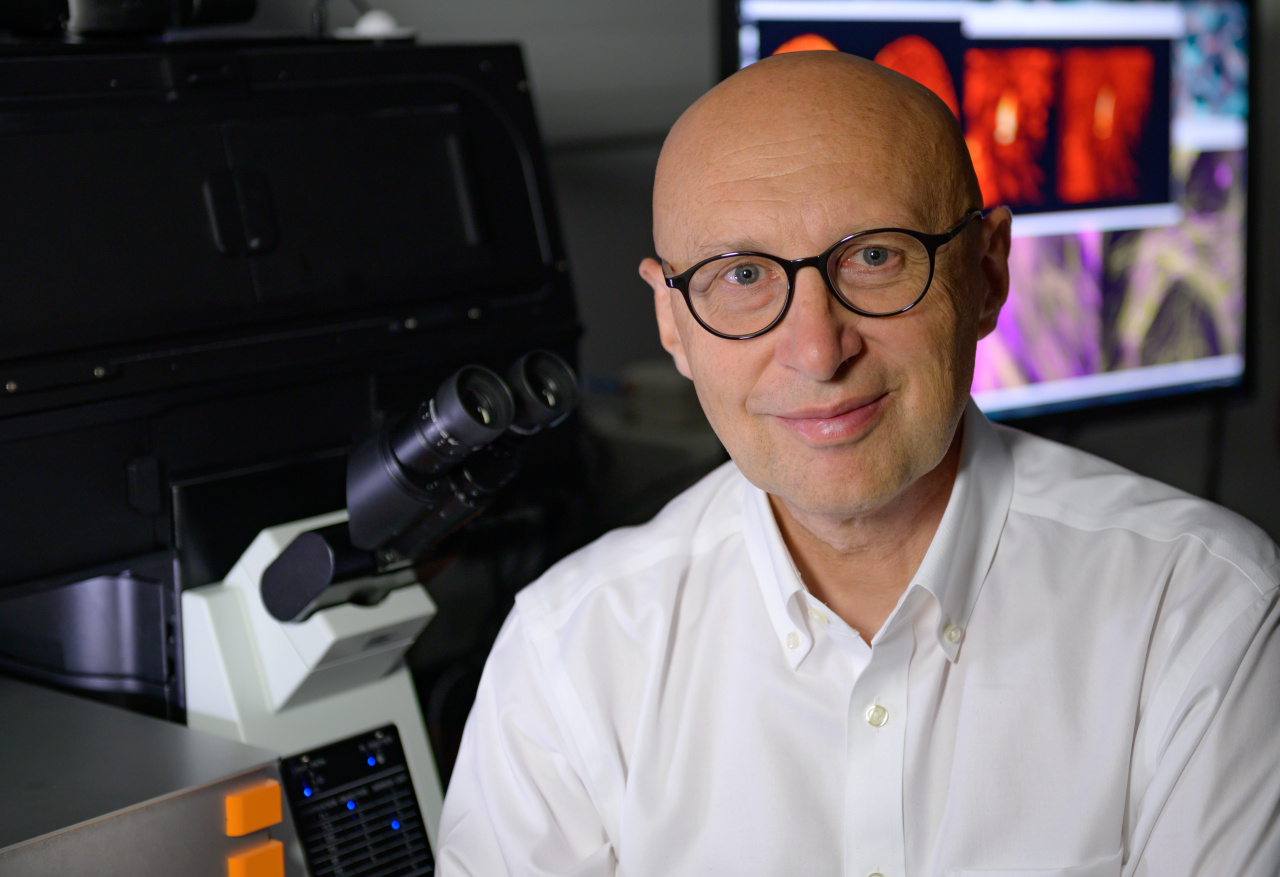Stefan Hell
Biography
Stefan Hell is director of the Max Planck Institute for Multidisciplinary Natural Sciences in Göttingen and the Max Planck Institute for Medical Research in Heidelberg. Hell provided the first viable concept for overcoming the diffraction-related resolution limit in the focusing light microscope as well as the first experimental proof that this limit can be overridden in fluorescence microscopy. This made image resolutions far below the wavelength of light possible for light microscopes. He received numerous awards for these contributions, including the Kavli Prize in Nanoscience and the Nobel Prize in Chemistry in 2014. In 2022, Hell was inducted into the Order Pour le mérite of the Federal Republic of Germany.
Stefan Hell received his doctorate in physics from the University of Heidelberg in 1990. In 1991-1993, he worked at the European Molecular Biology Laboratory (EMBL). This was followed by stays at the University of Turku in Finland (1993-1996) and as Visiting Scientist at the University of Oxford (1994). In 1997, he was appointed group leader at the Max Planck Institute for Biophysical Chemistry in Göttingen, where he was also appointed director in 2002. In 2003-2017, he also led a research group at the German Cancer Research Center (DKFZ). He is an honorary professor of physics at the Universities of Göttingen and Heidelberg.
